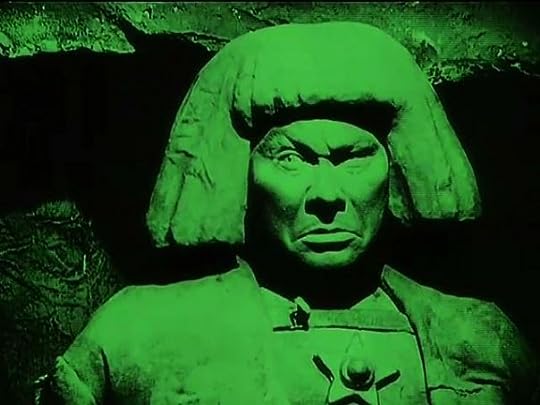What do you think?
Rate this book


486 pages, Hardcover
First published April 13, 2013







All of us are lonely at some point or another, no matter how many people surround us. And then, we meet someone who seems to understand. She smiles, and for a moment the loneliness disappears.

 Washington Square Park, a favorite spot for our characters
Washington Square Park, a favorite spot for our characters
 Helene Wecker, her first novel
Helene Wecker, her first novel“All of us are lonely at some point or another, no matter how any people surround us. And then, we meet someone who seems to understand. She smiles, and for a moment the loneliness disappears.”



